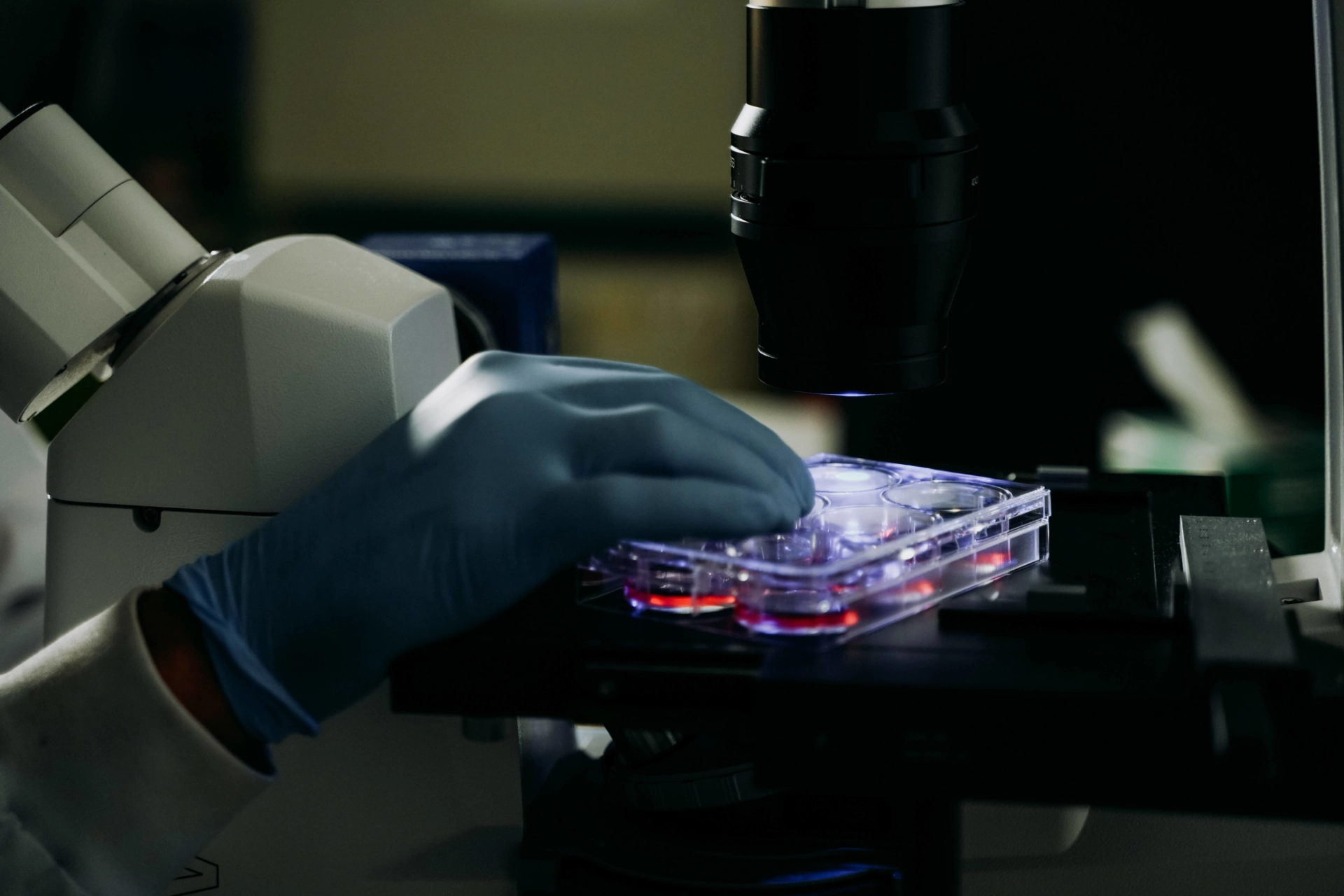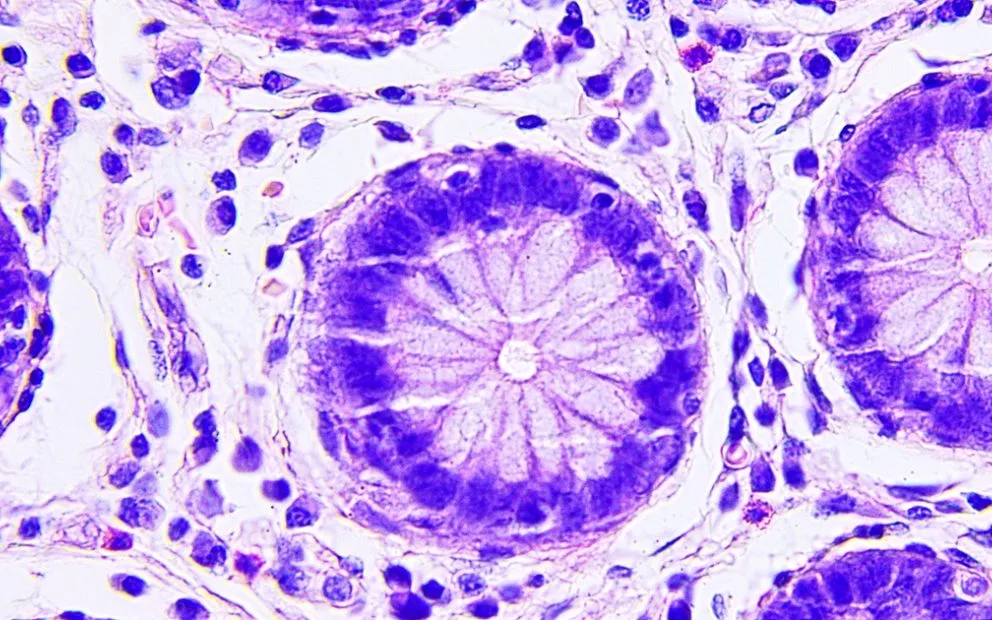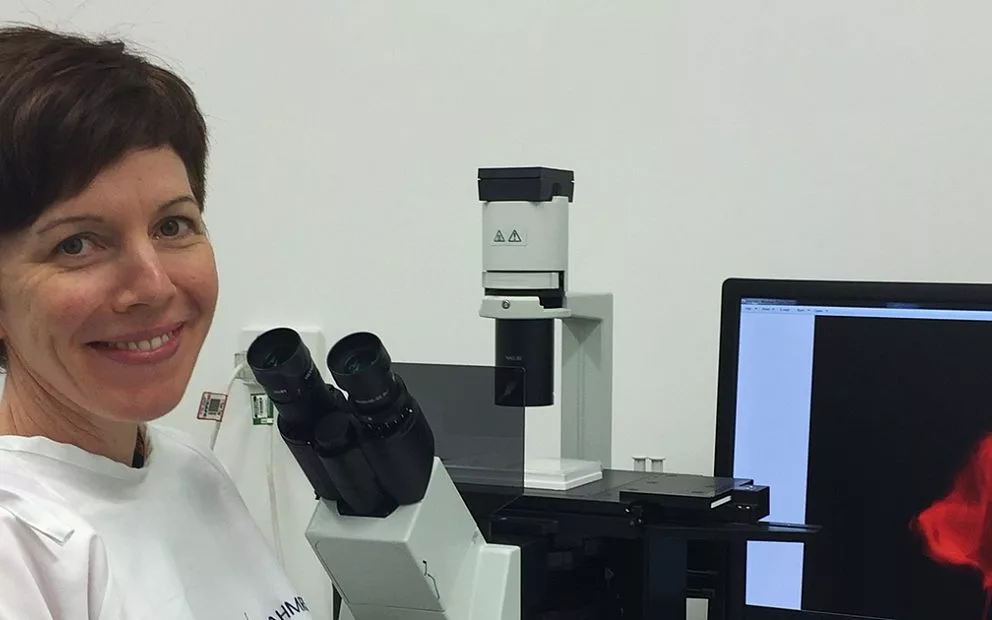Three innovative projects targeting bowel cancer are among five successful Ideas Grants awards to SAHMRI researchers and their national and international collaborators.
Associate Professor Susi Woods, Associate Professor Dan Worthley and Dr Stephen Blake earned funding to lead three separate projects that will take different approaches to target what is Australia’s second most common cause of death.
A/Prof Woods says scientific breakthroughs to combat bowel cancer can have a swift and significant impact.
“Bowel cancer should be a highly preventable disease, and yet every day 44 Australians are diagnosed with it and 14 Australians die from it,” she said.
“These projects will develop new methods of detecting and preventing bowel cancer, as well as develop a more effective approach to treatment.”
A/Prof Woods’ project specifically looks at using probiotics that are designed to selectively release drugs directly to tumours within the bowel.
“This research will help us understand why probiotics home to tumours and how they change once inside the tumour, so we can develop enhanced treatments in the future,” she said.
A/Prof Worthley’s project looks to intervene much earlier in the progression of the cancer, before it becomes malignant.
“It typically takes about 10 years for adenomas – the benign precursors to bowel cancer – to progress to malignancy,” he said.
“If we can detect and remove adenomas at the early stage we’ll significantly reduce the number of people dying from bowel cancer. This project targets changes in our genetic material that define bowel cancer with the aim of developing better detection and prevention measures.”
Dr Blake’s project aims to develop an innovative approach to turn immunological “cold” colorectal cancers “hot”, so that they better respond to immunotherapy.
“Immune agonist antibodies are some of the most potent immunotherapies developed, however, their use in patients is associated with significant off-target toxicities,” he said.
“This project will engineer probiotic bacteria to deliver immune agonist antibodies directly to colon tumours, with the aim of improving the efficacy and safety of these highly promising therapies.”
In addition to the three bowel cancer projects, Professor David Lynn, the Director of SAHMRI’s Computational & Systems Biology Program and a Professor at Flinders University, and Associate Professor Richard Young, the leader of SAHMRI’s Intestinal Nutrient Sensing group, earned Ideas Grants to investigate immune response to vaccination and septic shock respectively.
Professor Lynn’s hypothesis is that microbiota within the human gut plays a major role in determining a person’s specific and non-specific response to vaccination.
“To assess this, in collaboration with Dr. Simone Barry at the RAH and colleagues in Sydney and Perth we will investigate the impact of depleting the gut microbiota on protection mediated by the BCG vaccine against microbes specifically targeted by the vaccine and unrelated infections,” he said.
“This will, we believe, lead to new interventions to maximise vaccine-mediated protection in vulnerable populations worldwide”
A/Prof Young will use a naturally occurring blood protein to combat septic shock – a response to overwhelming infection that causes organ failure and death.
“Corticosteroid-binding globulin has unique properties to deliver the body’s natural anti-inflammatory hormone, called cortisol, to threatened organs,” he said.
“In the case of septic shock however the excessive depletion of this essential protein triples the risk of dying. Our preclinical studies are an important next step towards use of CBG-therapy to prevent deterioration and ultimately death.”
Ideas Grants are funded by the National Health and Medical Research Council and support innovative research projects that address a specific question.




